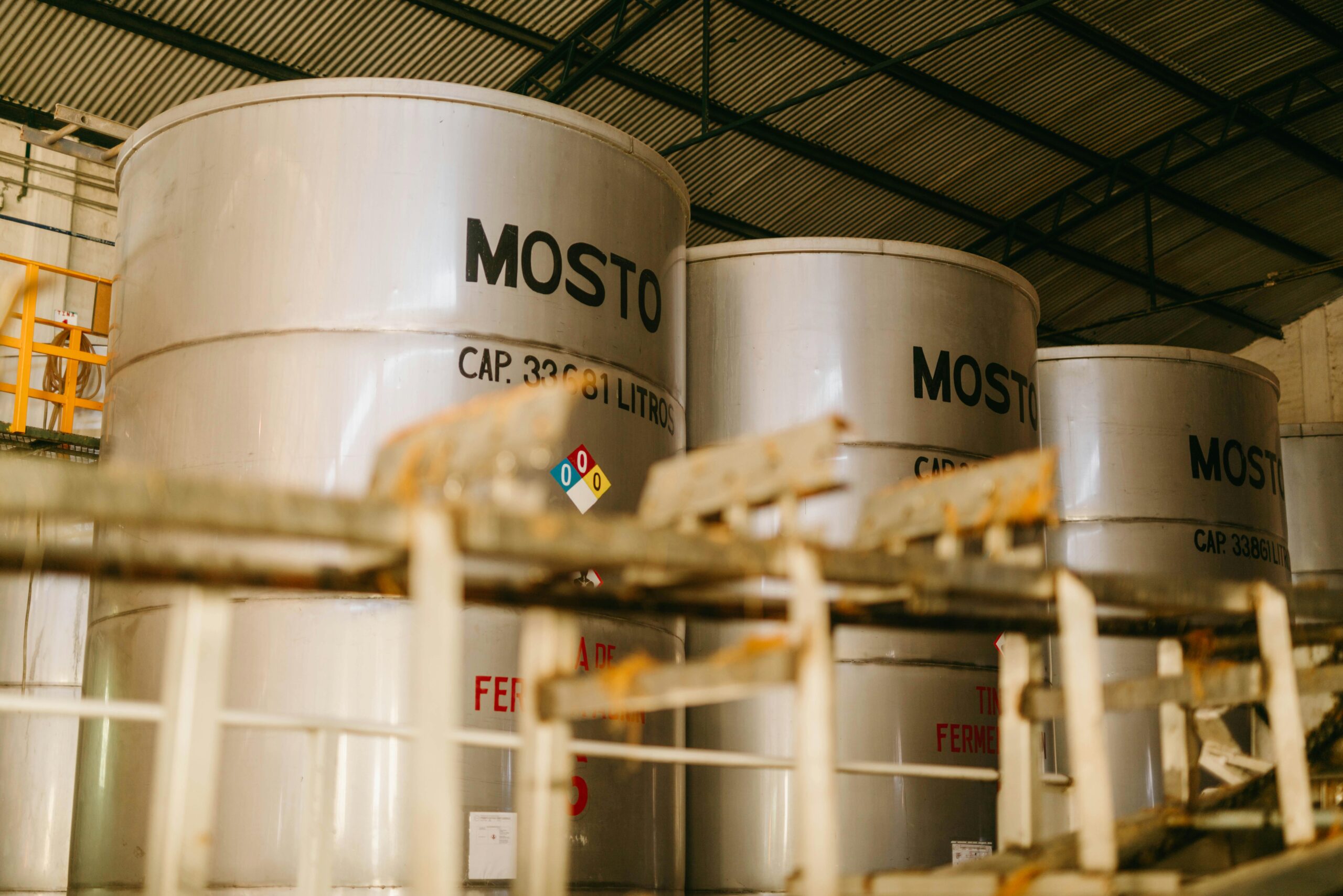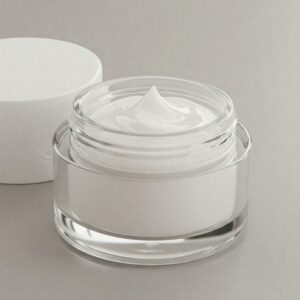The production of alcohol, particularly ethyl alcohol (ethanol), has a long history and is governed by specific processes, regulations, and licensing requirements, especially in England. In this comprehensive guide, we’ll walk you through the stages of alcohol production, the necessary legal considerations, and the licenses required to produce alcohol in the UK.
The Production of Ethyl Alcohol
Ethyl alcohol, or ethanol, is the primary type of alcohol found in alcoholic beverages, and it’s produced through the fermentation of sugar or starch-rich materials. While the specific process can vary depending on the type of alcohol being produced (e.g., beer, wine, spirits), the fundamental principle is the same: yeast or bacteria convert sugars into alcohol and carbon dioxide.
Key Raw Materials for Ethanol Production
The raw materials used for alcohol production typically fall into three main categories:
- Sugar-rich materials: Such as grapes, fruits, sugarcane, and molasses.
- Starch-rich materials: Including grains like corn, wheat, and barley.
- Cellulosic materials: Agricultural by-products like straw or wood chips can also be converted into fermentable sugars through more complex processes.
The selection of the raw material greatly influences the type and flavor of the alcoholic beverage produced. Each type of alcohol has a unique fermentation and distillation process.
How to Produce Ethyl Alcohol: The Stages of the Production Process
The production of ethyl alcohol follows several key stages, irrespective of the type of alcohol being produced. Below is an overview of these steps:
1. Preparation of Raw Materials
Depending on the raw material, it must first be prepared and sometimes broken down into fermentable sugars. For grains, this means mashing and adding enzymes to convert starches into sugars; for fruits, it involves crushing to release juices.
2. Fermentation
This is the heart of alcohol production. Yeast or bacteria are added to the prepared mixture, known as the “mash,” to convert sugars into alcohol. During this process, the yeast consumes the sugars and produces ethanol and carbon dioxide. The temperature and duration of fermentation can vary depending on the type of alcohol being produced:
- Beer: Typically fermented at lower temperatures over a longer period.
- Wine: Fermentation time and temperature depend on the type of wine (red, white, sparkling).
- Spirits: Usually fermented quickly at higher temperatures.
3. Distillation (for Spirits)
Distillation is the process of separating ethanol from the fermented liquid to produce spirits such as whiskey, vodka, and gin. The mixture is heated until the alcohol vaporizes, then condensed back into liquid form, increasing its purity and alcohol content. Multiple distillations can refine the product further.
4. Maturation (if required)
For certain alcoholic beverages like whiskey and rum, maturation is necessary. The alcohol is aged in barrels (often oak) to develop flavor, complexity, and color over time. This step can last from a few months to several decades.
5. Blending and Bottling
The final step is blending the alcohol to achieve the desired flavor and bottling it for sale. For spirits, this might involve mixing different batches to create a consistent product, while beer and wine producers may simply filter and bottle their product.

Alcohol Production in England: Regulations and Authorisations
The production of alcohol in England is tightly regulated to ensure safety, quality, and compliance with tax obligations. Whether you’re looking to produce alcohol commercially or as a craft distiller, you’ll need to understand the rules and obtain the appropriate licenses.
Main Regulations on Alcohol Production in England
Several regulations govern alcohol production in England:
- Alcoholic Liquor Duties Act 1979: Governs the duties payable on the production and storage of alcohol.
- The Licensing Act 2003: Provides a framework for licensing alcohol production and sale.
- HM Revenue and Customs (HMRC) Guidelines: Outlines requirements for producers, including registration, reporting, and paying duties.
Compliance with these regulations is crucial to avoid legal penalties and ensure your product is safe for consumers.
Alcohol Production: Authorisations
Producers of alcohol must seek authorisation from the HMRC. This includes registering as an alcohol producer and complying with rules about duty payments, labeling, and production standards. Depending on the type of alcohol and scale of production, different rules and authorisations may apply.
Regulations on the Labelling of Alcoholic Beverages
Labeling is another key regulatory aspect:
- Labels must include the alcohol by volume (ABV) percentage.
- Ingredients and allergens must be clearly listed.
- For wine and spirits, the geographical origin must be stated if applicable.

Alcohol Production Licence
In England, anyone who intends to produce alcohol must obtain the correct licenses and permits. The type of license required varies based on the nature of the production – whether it’s for personal use, craft production, or industrial-scale manufacturing.
Craft Production Licence
A craft production licence is suitable for smaller-scale operations, such as microbreweries or distilleries. This licence allows you to produce limited quantities of alcohol, but you must adhere to HMRC guidelines for duty and tax payments. Craft producers often focus on niche markets, offering unique or locally sourced products.
Key Considerations:
- Register with HMRC as a craft producer.
- Keep accurate records of production, sales, and duty payments.
- Comply with local environmental and safety standards.
Industrial Production Licence
For larger-scale production of alcohol, an industrial production licence is required. This licence allows for the mass production and distribution of alcohol. The requirements for this licence are more stringent, with higher duty payments, more comprehensive reporting, and stricter regulations around labeling and distribution.
Key Considerations:
- Registration with HMRC as an industrial producer.
- Regular audits and inspections by HMRC to ensure compliance.
- Advanced safety and environmental regulations for large-scale production facilities.
Procedure for Issuing the Licence
The process to obtain an alcohol production licence in England involves several steps:
- Application to HMRC: Submit your application, detailing the type of alcohol you intend to produce, the production process, and the expected output.
- Inspection: Your production facility may be inspected to ensure it meets safety and hygiene standards.
- Approval and Registration: Once approved, you will receive your licence and be officially registered as an alcohol producer.
Sale of Alcohol Without a Licence
It is illegal to produce, sell, or supply alcohol without the appropriate licence in England. If you are caught producing or selling alcohol without a licence, you may face heavy fines, confiscation of equipment, and potential prosecution.
Penalties for Non-Compliance:
- Fines: Substantial financial penalties for unauthorised production or sale.
- Seizure of Goods: Confiscation of equipment, alcohol stock, and materials.
- Prosecution: Legal action which may result in a criminal record.
Conclusion
Producing alcohol in England requires a solid understanding of the production process and compliance with stringent regulations and licensing requirements. Whether you’re looking to start a craft brewery or a full-scale distillery, following the correct legal procedures is essential for ensuring a safe, high-quality product and a successful business venture.
Key Takeaways:
- Understanding the production stages is crucial to producing quality alcohol.
- Regulations in England are strict, requiring proper authorisation and adherence to safety standards.
- Licensing is a legal requirement, with different licences available for craft and industrial production.
Ensuring compliance and quality from the outset will help set the foundation for a sustainable alcohol production business.





